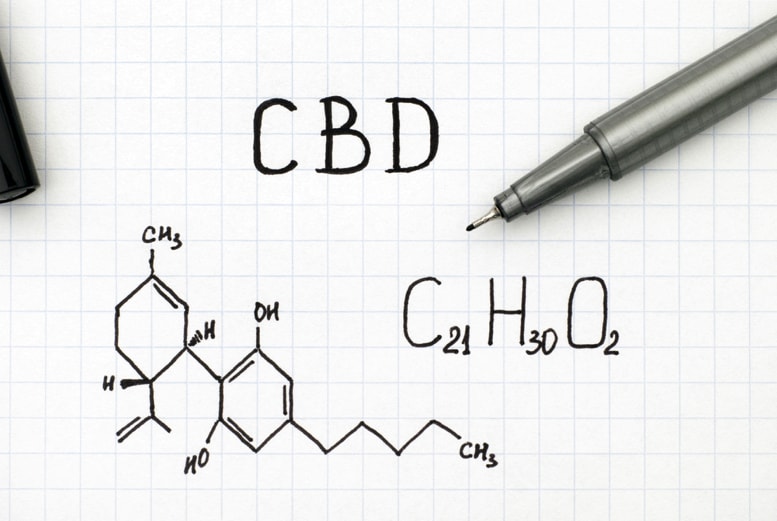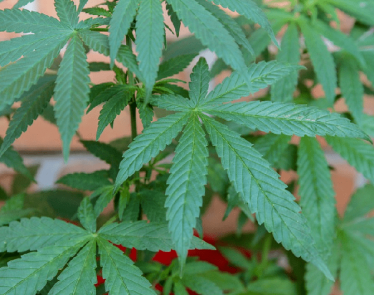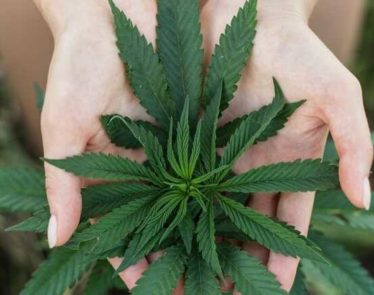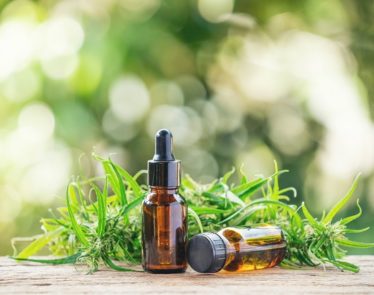
Cancer Treatment; The results of a new study in Australia have been released and are being hailed as "remarkable".
CANCER symptoms, specifically Pancreatic cancer, could be prevented with a new treatment which involves cannabis CBD, the study revealed. By adding CBD into chemotherapy treatment, the results suggested that Pancreatic cancer survival rates could improve by three times.
Pancreatic cancer is one of the most aggressive forms of cancer and only 7% of those diagnosed, survive an average of 5 years post-diagnosis. With this new treatment, that number could be trebled, offering a longer life-span for patients with the disease.
Cancer Treatment: The Study
So far the study was performed on mice in a lab but the results were clear. The test used the cannabinoid CBD - a non-psychoactive compound from cannabis.
CBD was added to a commonly used chemotherapy treatment and the survival rate of the mice was monitored.
Those treated with CBD survived almost three times longer than those treated with only the chemotherapy alone the scientists said.
As CBD is completely legal, the researchers are moving quickly to human trials to confirm the same findings in people. Also if deemed successful the new treatment can be implemented swiftly as CBD is already approved for use in clinics.
Lead researcher on the study Marco Falasco had the following to say:
“We found that mice with pancreatic cancer survived nearly three times longer if a constituent of medicinal cannabis was added to their chemotherapy treatment...If we can reproduce these effects in humans, cannabidiol could be in use in cancer clinics almost immediately, compared to having to wait for authorities to approve a new drug."
>>California Separates Alcohol and Marijuana Consumption
CBD
Cannabidoil has other health benefits too for those undergoing chemptherapy; it is said to reduce nausea, diarrhoea and vomiting - common side-effects of the treatment.
The study took place at Curtin University in Western Australia and the results have been published in Oncogene.
Amazing achievement, here's hoping it can be rolled out quickly for human use.
Featured Image: Deposit Photos/Rosinka79












